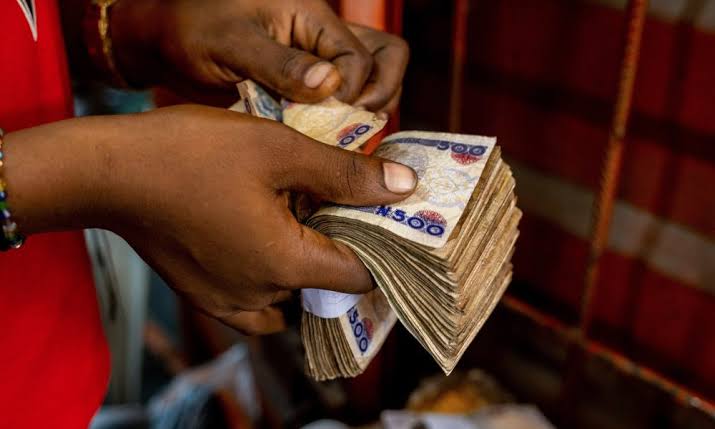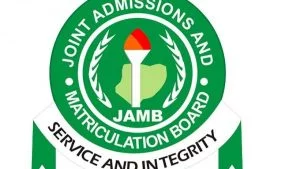VAM News Update
Across both local and international segments of the sector, the rate of N1200/$1 in the open market and almost 400 per cent surge in price of aviation fuel are threatening to double already high airfares – and further shrink the air travel market.
On the domestic front, findings showed that the average fare of N75,000 for one-hour (one-way) flight has increased to N100,000, and may peak towards N130,000-plus soon, to cover cost of operations only.
Foreign airlines operating on Nigerian routes have also adjusted their airfares and much to the confusion of travel agencies. At the weekend, the IATA Rate of Exchange (IRoE) soared by N139, shifting from N842 to N981/$1 in one leap.
While the International Air Transport Association (IATA) reiterated not increasing airfares, it however, bemoaned the complicated foreign exchange liquidity crisis that has kept foreign airlines’ $793 million trapped in Nigeria (as of August 2023 entry). Of the sum, $300 million is legacy debt which the Central Bank of Nigeria (CBN) has taken but yet to remit to IATA on behalf of the airlines.
IATA told The Guardian that while the FX liquidity crisis is not peculiar to the air transport sector, the Federal Government has no alternative than to avail a clear line of FX support to urgently save local airlines, and in turn, the economy from the slippery slope.
Aviation fuel, also known as Jet A1, accounts for between 30 to 40 per cent of operational costs in aviation. Being a deregulated product that is exclusively controlled by suppliers, the price has consistently been fluctuating along with the naira to dollar exchange rate.
Findings at the weekend showed that aviation fuel has increased from N800 to almost N1000/litre, subject to location.
Checks showed that Lagos Airport has the lowest rate of N935/litre.
Average pump price at Abuja airport was pegged at N975/litre. Port Harcourt sold for N970, while Kano was N985. Upper north sold for an average of N1000, subject to availability.




